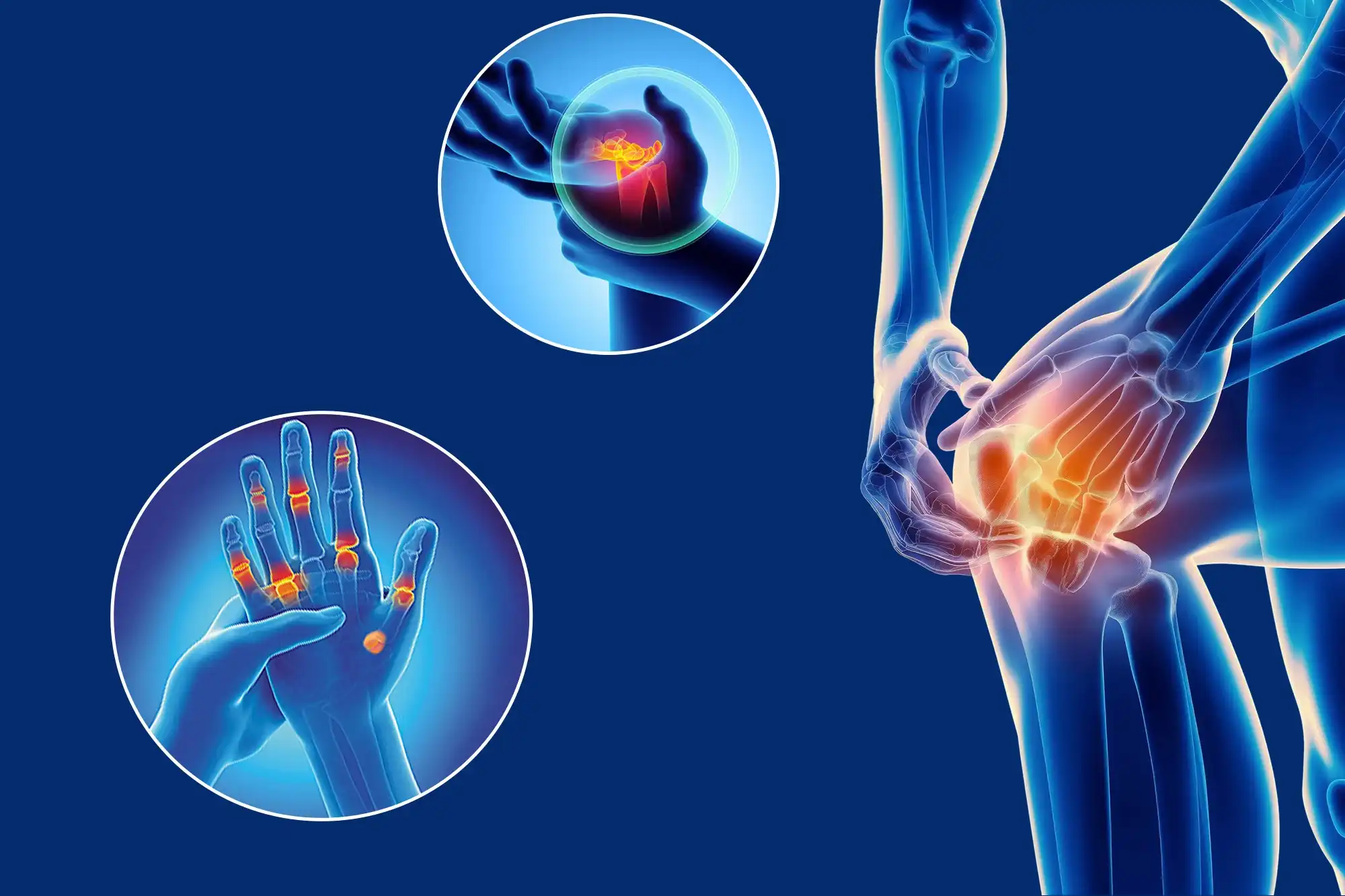Joint issues can be painful for everyone. The pain is not just a result of a fracture, ligament tear, or injury, but it can also occur in the case of a swollen joint. This joint swelling is a result of inflammation caused due to an injury, infection, or chronic health condition.
There are many effective treatments available for the same. But it is also advisable to be cautious while performing daily activities to avoid injury, get a proper diet, and consult a doctor urgently in case of pain.
Years Experienced
Joint Replacement
Hip Arthroscopy

Joint swelling mainly refers to the condition when fluid builds up in the tissues around the joint area and causes discomfort for the person. It happens due to inflammation caused due to injury or infection in the body. It is also known as Joint Infusion.
At the time of inflammation, the body recognizes and reacts to the harmful foreign elements (bacteria and viruses). It helps to protect the body from infection, but sometimes leads to the build-up of fluid around the joint area. In such cases, the joint is swollen and also seems red.

Joint Swelling can be caused due to many reasons. Here are some common reasons for the same:
There are some considerable symptoms of joint swelling:
To check and treat the problem of joint swelling, the doctor can follow any of the following methods:
The Doctor touches and inspects the visible condition of your joint, such as redness, warmth, and stiffness. But, there can be some other possibilities other than joint swelling as well with the same symptoms.
The Doctor checks the symptoms of the patients and matches them with the joint swelling symptoms to conclude about the disease. Symptoms like pain, warmth, stiffness, and immobility are considered first.
Imaging tests such as X-ray, ultrasound, or MRI give pictures of the inside of your joint. These help the doctor see if there is extra fluid, injury, or damage. This makes it easier for the doctor to find the exact cause of your joint swelling and plan proper treatment.
The doctor may use a thin needle to take a small amount of fluid from your joint. This test shows if the swelling is from infection, gout, or another condition. It is a simple and safe test that gives important information for choosing the right treatment.
Treatment depends on many things. It can change based on your age, health, medicines you take, and the severity of symptoms. It reduces pain with medicines, lifestyle changes, and surgery as well. Here are some reliable ways of treatment:
To prevent the joint swelling issue, follow the given tips properly:
At our clinic, we understand how painful and uncomfortable swollen joints can be. Our team carefully checks the cause of your swelling through physical examination, tests, and scans. Based on your condition, we provide the right treatment, which may include:

Contact us to any help